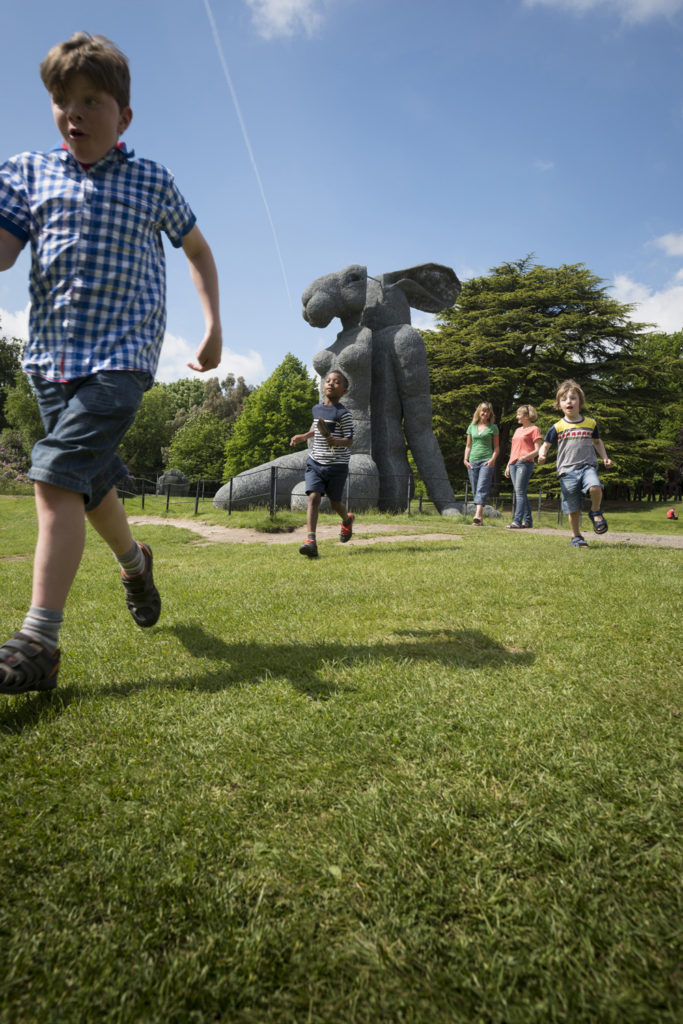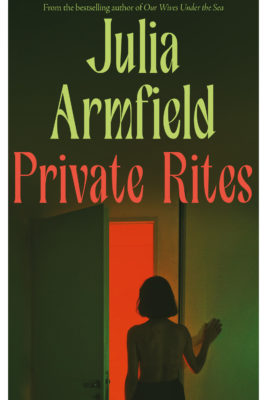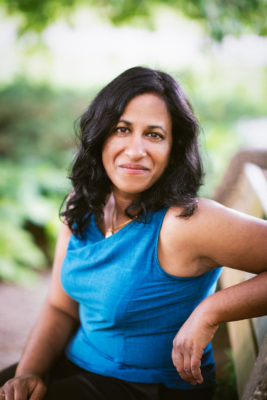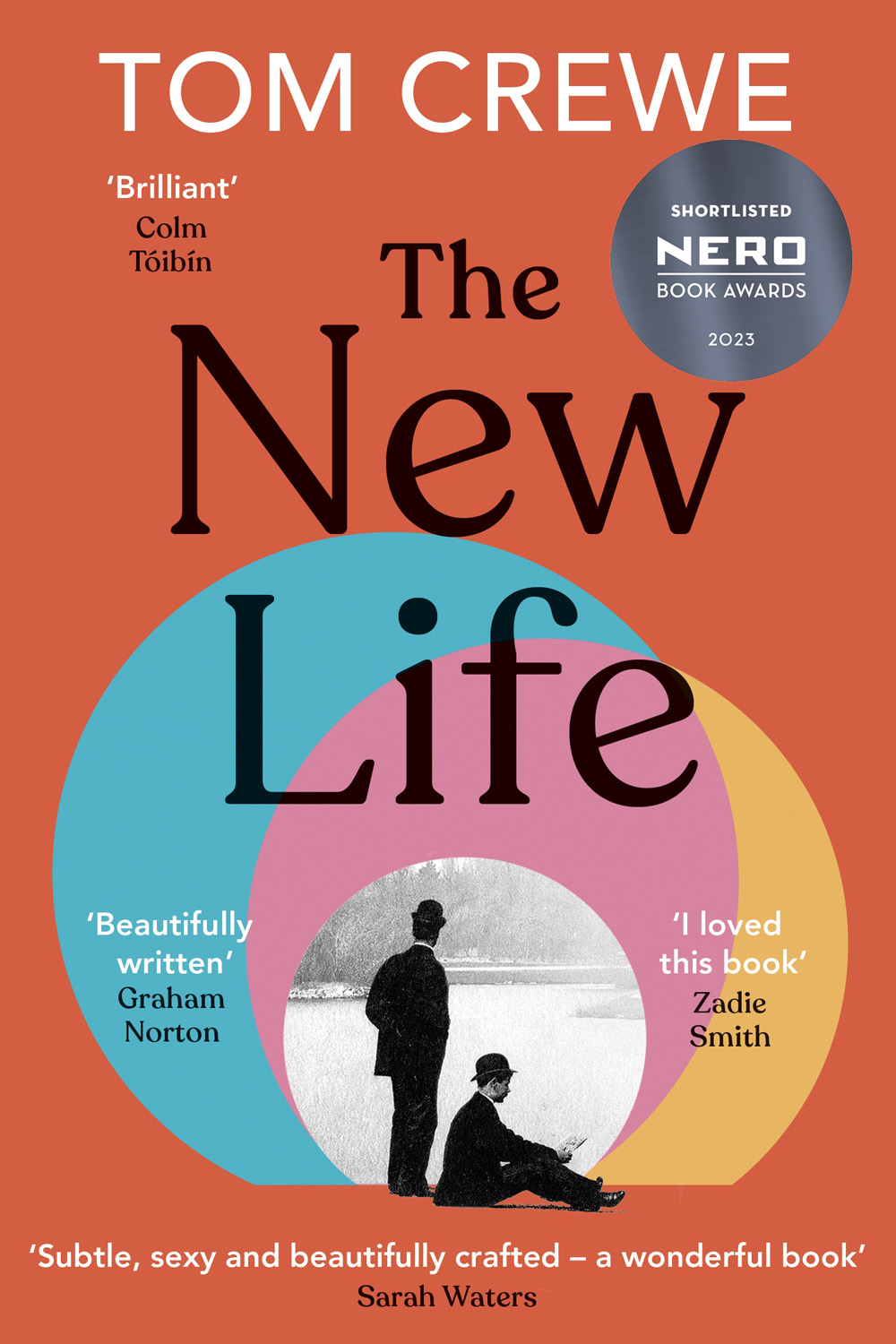
Author Tom Crewe On His Award-Winning Novel, The New Life
By
11 months ago
Tom Crewe recently bagged the Sunday Times Charlotte Aitken Young Writer of the Year Award
From historian to author of historical fiction: Tom Crewe is the latest writer to bag the coveted £10,000 Sunday Times Charlotte Aitken Young Writer of the Year Award for his debut novel, The New Life. Jumping back to London 1894, there’s a cameo from Oscar Wilde, but ‘I started from a desire to push Oscar Wilde out of the centre of the story,’ Crewe tells us. ‘It looks very different from other points of view, as I hope my novel shows.’ Olivia Emily sits down with Crewe to hear all about it.
C&TH Book Club: The New Life by Tom Crewe
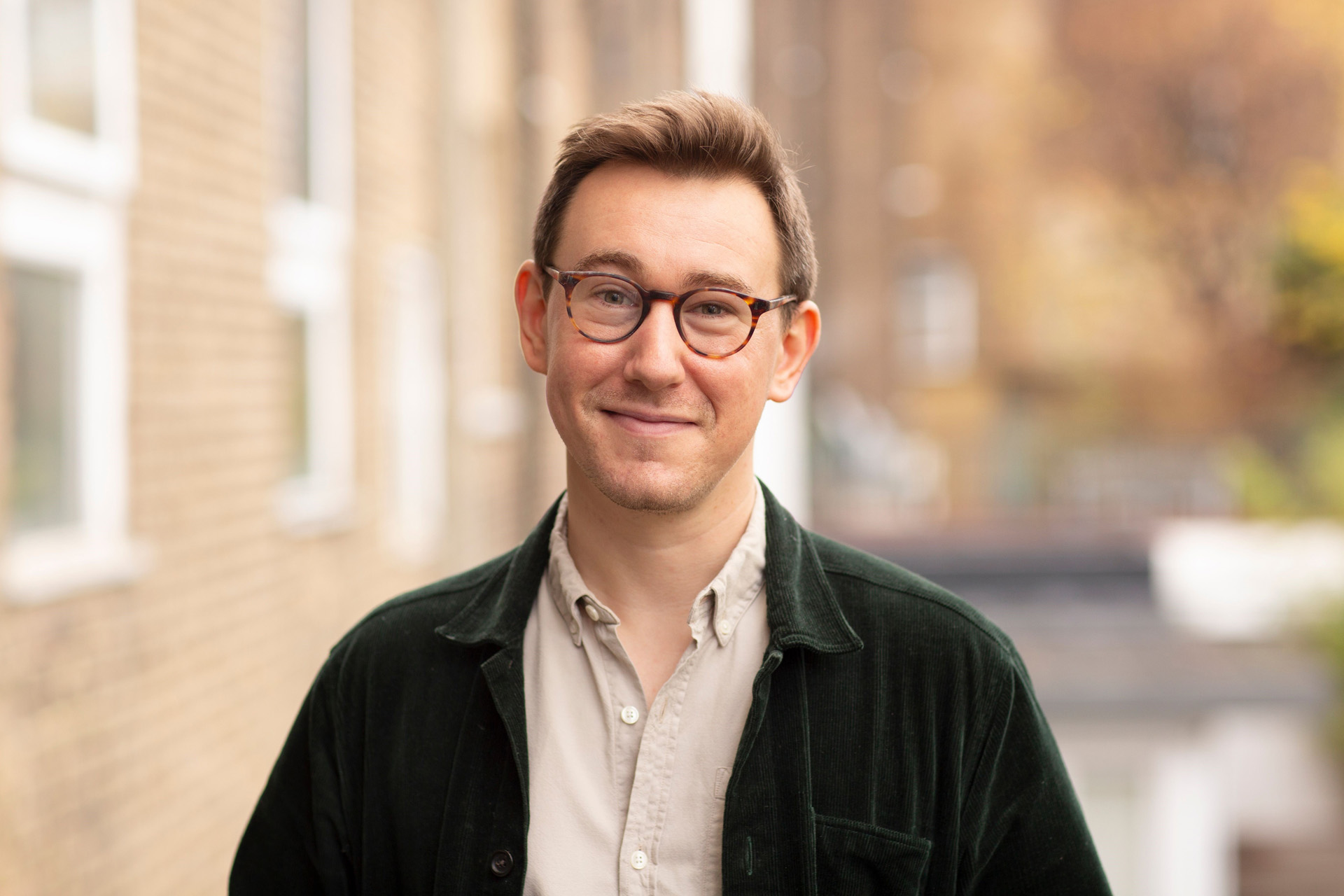
Tom Crewe © Jon Tonks, London Review of Books
So, you’ve just been named the Sunday Times Charlotte Aitken Young Writer of the Year. How do you feel?
Chuffed. Nice to still be classed as young aged 34, as many of my friends agree.
Your novel, The New Life, won you the award. Can you give us an elevator pitch for our readers who haven’t picked it up yet?
Two men, at the end of the 19th century, attempt to publish a book arguing for the legalisation of homosexuality. Things become much more complicated after the arrest and trial of Oscar Wilde. That’s one ‘big-picture’ way of thinking about the book. I prefer to think of it as being about two marriages, two extra-marital affairs, and the challenges of trying to live a different, better kind of life.
John and Henry are at the centre of the novel, linked to homosexuality in different ways. What is behind their stories? And are they inspired by real people?
They are inspired by John Addington Symonds and Havelock Ellis, who really did publish a book about homosexuality at the end of the 19th century. But my novel tells a different story – one, I think, that is more dramatic and demanding, while still doing justice to history.
It’s set in 1894, and Victorian literature is well trodden ground. But what made you want to write a novel set in this time anyway?
I am a historian by training, and specialised in the 19th century. It feels like a second home to me, strange as that might sound.
There’s also some truth to the story: Oscar Wilde’s arrest. Is this where the idea originally stemmed from, or something you decided to add later on?
I started from a desire to push Oscar Wilde out of the centre of the story. It looks very different from other points of view, as I hope my novel shows.
Did you map the story out before you started writing, or did it evolve as you went?
I wrote with no plan, pausing after finishing one chapter to decide what should be in the next. This worked quite well until it didn’t.
Did you know you wanted to be a writer even while pursuing your academic studies?
I never wanted to be anything other than a writer (aged six, I wrote in my school exercise book that when I grew up I would be an ‘author’). The only thing up for debate was what kind of writer I would be. After a few years of thinking I would write history books, I went back to my original ambition to write fiction.
How would you describe your writing process?
Painfully slow. Much stalling and restarting. Much self-recrimination. And then a few days when it all goes well, bringing fresh reserves of hope.
What is your ideal work set up? Is it day or night? Is it loud or quiet? Private or public?
Early morning, before breakfast, everything still unfilled. Music to lock me inside my own thoughts.
Which writers inspire you? And which writers did you reach for when writing The New Life?
Henry James, Dickens, Trollope, Elizabeth Bowen, Sybille Bedford, V.S. Pritchett.
Are you working on another novel? Are you able to give us any insight into what it might be about?
I am. But I won’t breathe a word about it until I know it won’t blow over.
Any final words for readers or budding writers?
Read outside of your century. Keep notes.

The New Life by Tom Crewe is out now. Penguin, £9.99



